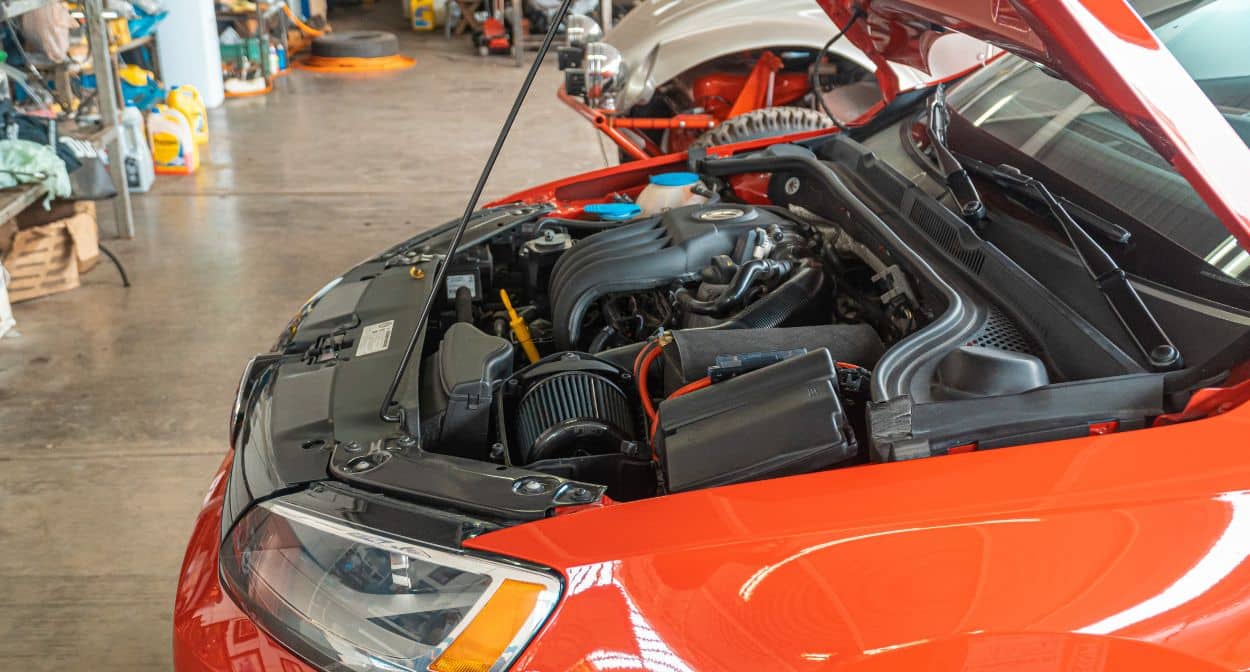1. Oil Leaks
Problem:
Oil leaks are a frequent issue, particularly in older European imports. BMW and Mercedes-Benz are known for valve cover gasket leaks, which can cause oil to drip onto engine components.
Symptoms:
- Visible oil spots under the car
- Burning oil smell
- Engine misfires or performance loss
Cause:
Gaskets and seals tend to deteriorate over time due to exposure to heat and pressure. In some cases, oil filters or oil pans may also develop leaks.
Solution:
To resolve oil leaks, replace the damaged gasket or seal. Regular inspections and timely oil changes can help prevent leaks from occurring in the first place.
2. Timing Chain or Timing Belt Failure
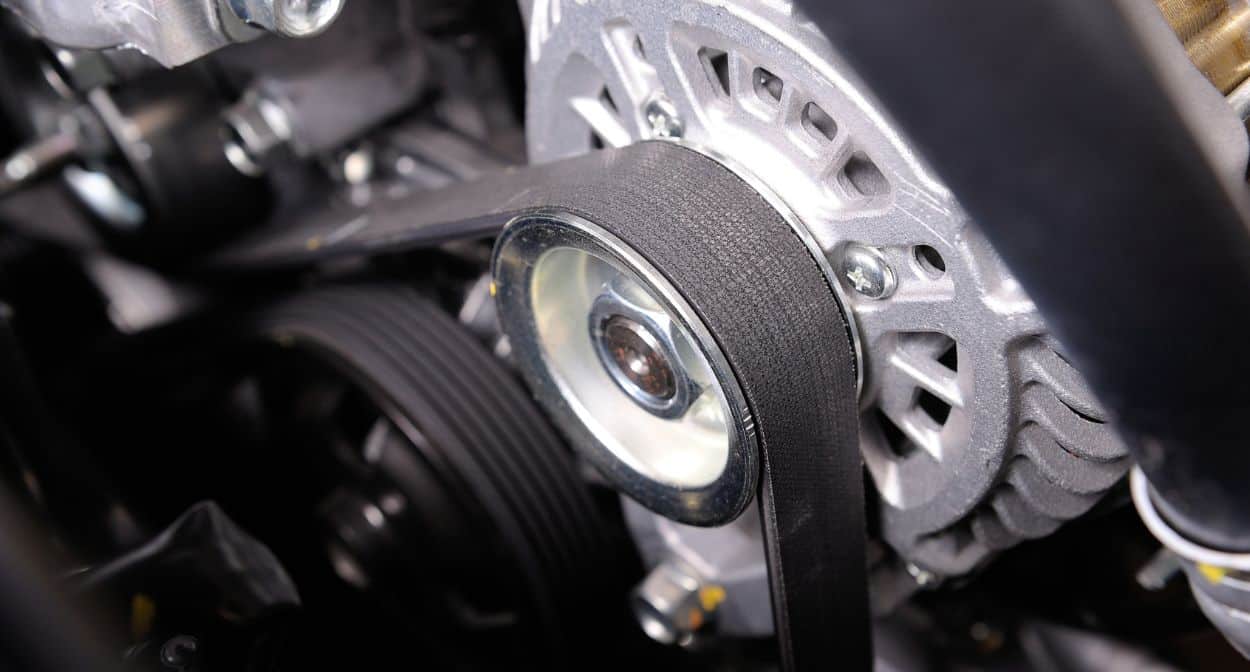
Timing chains or belts are crucial for synchronizing the engine’s valves and pistons. In brands like Audi and Volkswagen, timing belt failure is a common issue.
Symptoms:
- Rattling noise from the engine (timing chain)
- Engine misfires
- Poor acceleration
Cause:
Over time, timing belts wear out or timing chains stretch, causing a loss of synchronization between the engine components.
Solution:
Replace the timing belt or chain according to the manufacturer’s recommendations. If neglected, this issue could lead to catastrophic engine damage, so regular maintenance is crucial.
3. Turbocharger Failure
Problem:
Many European imports, especially Audi and BMW, are equipped with turbocharged engines. Turbochargers can fail due to wear and tear or improper maintenance.
Symptoms:
- Loss of power
- Whining or grinding noise
- Excessive smoke from the exhaust
Cause:
Oil contamination, clogged air filters, or worn-out bearings are the primary causes of turbocharger failure.
Solution:
Replace or rebuild the turbocharger. Regular oil changes and using high-quality oil can help prevent this problem by ensuring proper lubrication of turbo components.
4. Carbon Buildup on Intake Valves
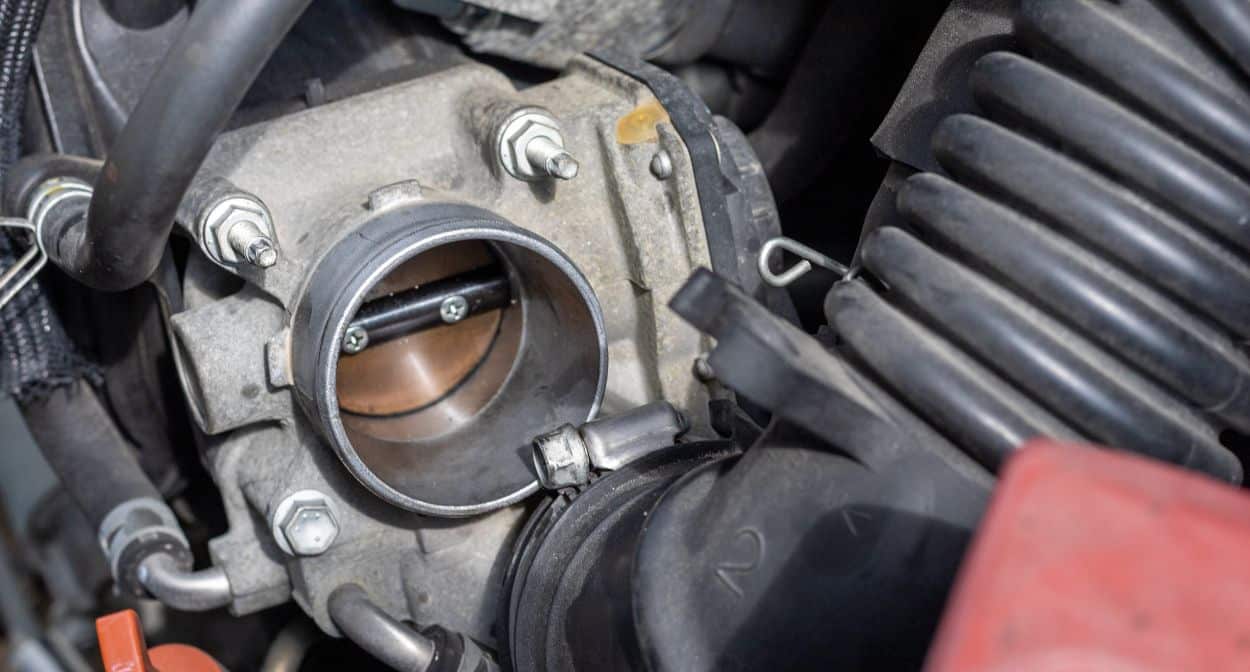
Direct-injection engines, commonly found in vehicles like Audi, BMW, and Volkswagen, are prone to carbon buildup on the intake valves.
Symptoms:
- Poor fuel economy
- Engine misfires
- Rough idling
Cause:
Since fuel is injected directly into the combustion chamber, intake valves are not cleaned by fuel spray, leading to carbon deposits over time.
Solution:
Carbon buildup can be resolved with walnut blasting or other chemical cleaning methods. Using high-quality fuel and adding fuel additives periodically can also help minimize carbon buildup.
5. Cooling System Failure
Problem:
European imports often experience cooling system issues, particularly in BMW and Mercedes-Benz models. A faulty radiator, water pump, or thermostat can lead to overheating.
Symptoms:
- Overheating engine
- Coolant leaks
- Warning light on the dashboard
Cause:
Over time, plastic components in the cooling system, such as the radiator and hoses, become brittle and fail. Faulty water pumps and thermostats are also common culprits.
Solution:
Replace any faulty components and ensure the system is flushed regularly. It’s also important to use the recommended coolant to prevent future issues.
6. Ignition Coil Failure
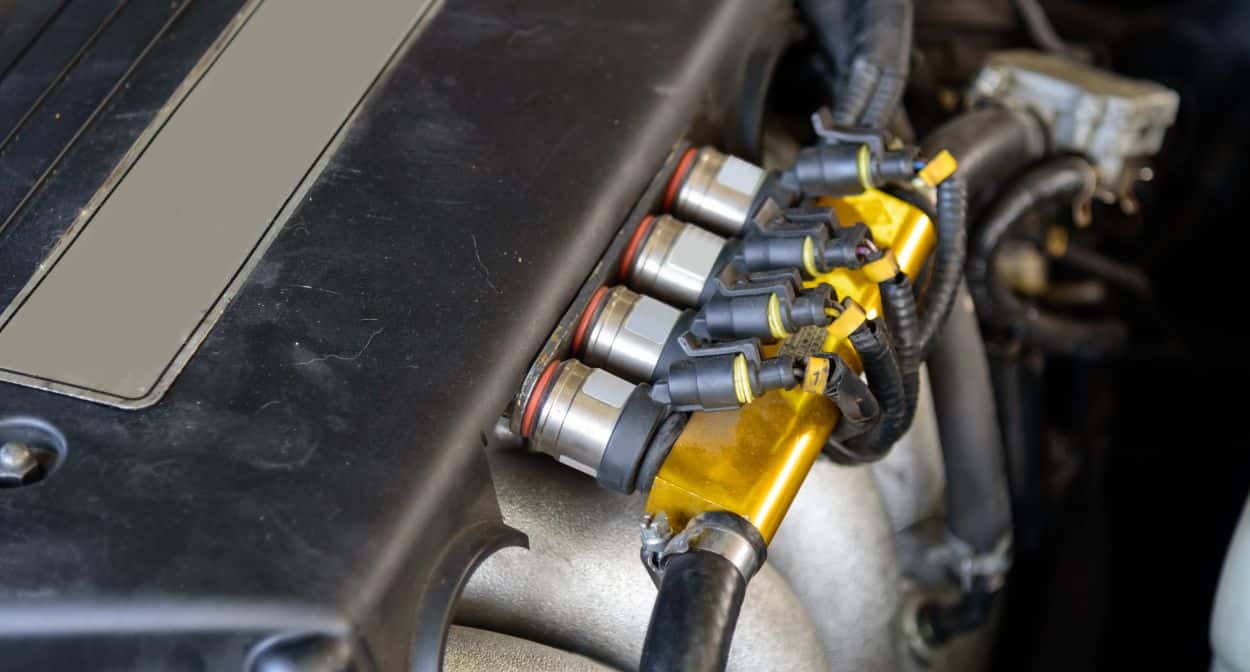
BMW and Audi models are known to experience ignition coil failures, which can cause engine misfires and reduced performance.
Symptoms:
- Engine misfire
- Rough idling
- Decreased fuel efficiency
Cause:
Ignition coils deteriorate over time due to heat and vibration.
Solution:
Replacing the ignition coils is the best solution. It’s recommended to replace all ignition coils at once rather than just the failing ones to avoid repeated issues.
7. Mass Air Flow (MAF) Sensor Issues
Problem:
The mass air flow sensor is responsible for measuring the amount of air entering the engine. When it malfunctions, engine performance suffers.
Symptoms:
- Stalling
- Poor fuel economy
- Difficulty starting the engine
Cause:
A dirty or faulty MAF sensor can send incorrect data to the engine control unit (ECU), causing a poor air-fuel mixture.
Solution:
Cleaning or replacing the MAF sensor can resolve the issue. Regular air filter replacement can prevent dirt buildup in the sensor.
8. Fuel Pump Failure
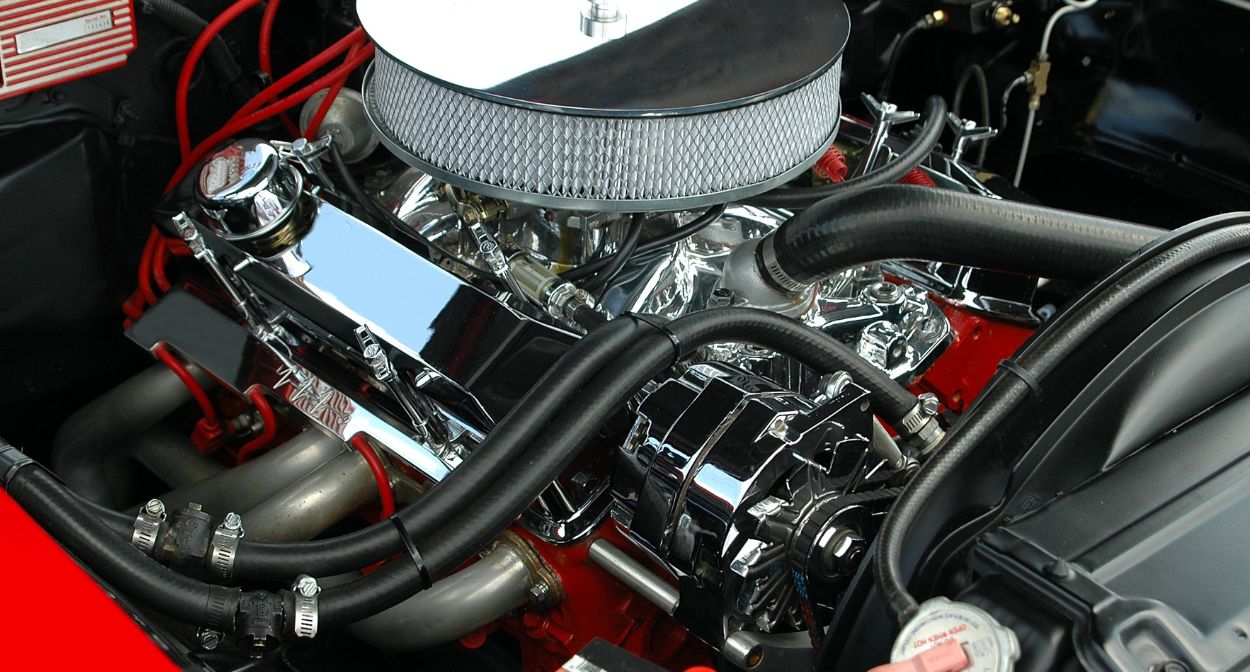
Fuel pump issues are common in European cars, especially in BMW and Volkswagen models. A failing fuel pump can lead to stalling or poor acceleration.
Symptoms:
- Difficulty starting the car
- Engine sputtering at high speeds
- Decreased power
Cause:
Aging or clogging of the fuel pump or fuel lines can reduce fuel delivery to the engine.
Solution:
Replacing the fuel pump and ensuring the fuel filter is clean can resolve this issue. Always use high-quality fuel to prevent clogging.
9. Engine Mount Failure
Problem:
In vehicles like Mercedes-Benz and BMW, engine mounts can wear out, causing excessive engine movement and vibrations.
Symptoms:
- Excessive engine vibrations
- Clunking noise when accelerating or decelerating
- Rough idling
Cause:
Rubber engine mounts degrade over time due to heat and stress.
Solution:
Replacing the engine mounts with new, high-quality parts will eliminate vibrations and prevent further damage to the engine or transmission.
10. Crankcase Ventilation Valve (PCV Valve) Failure
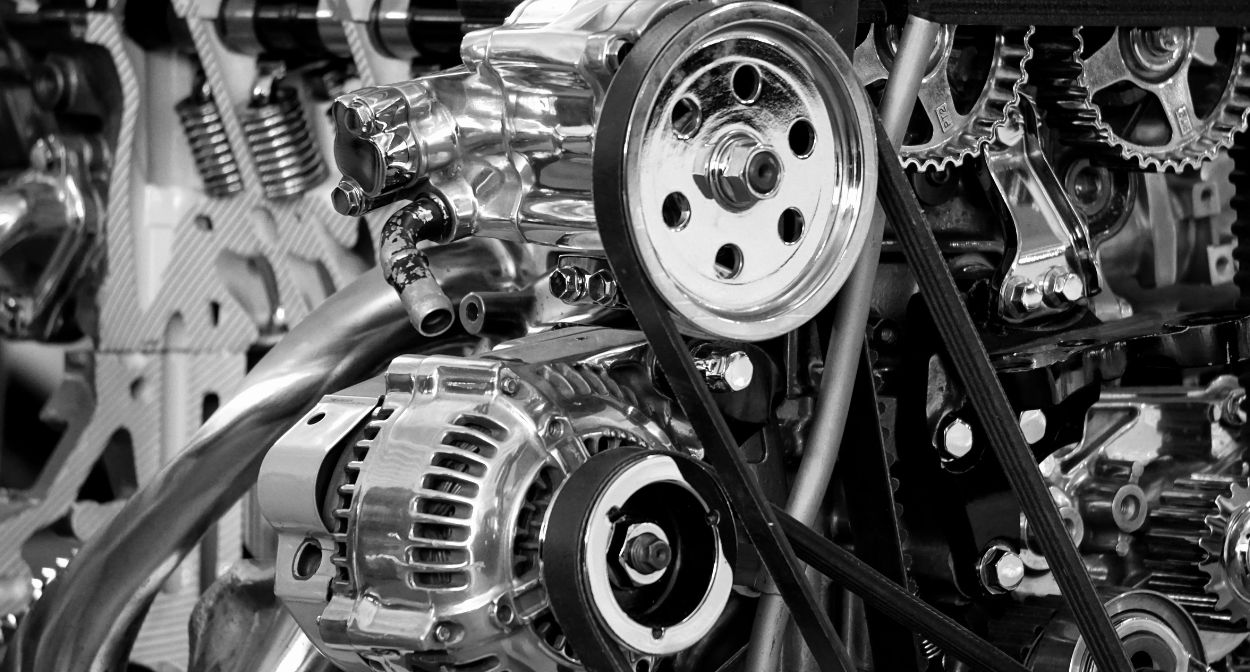
A failed Positive Crankcase Ventilation (PCV) valve can lead to engine oil consumption issues, especially in vehicles like BMW and Audi.
Symptoms:
- Excessive oil consumption
- Rough idling
- Check engine light
Cause:
The PCV valve can become clogged or worn out, causing excessive pressure in the engine crankcase.
Solution:
Replacing the PCV valve and regularly maintaining the system will prevent oil leaks and keep the engine running smoothly.
Conclusion
While European import cars are known for their excellent performance, they require specific maintenance to avoid common engine problems. Regular inspections, timely repairs, and using high-quality parts and fluids can significantly extend the lifespan of your engine and ensure smooth performance.


